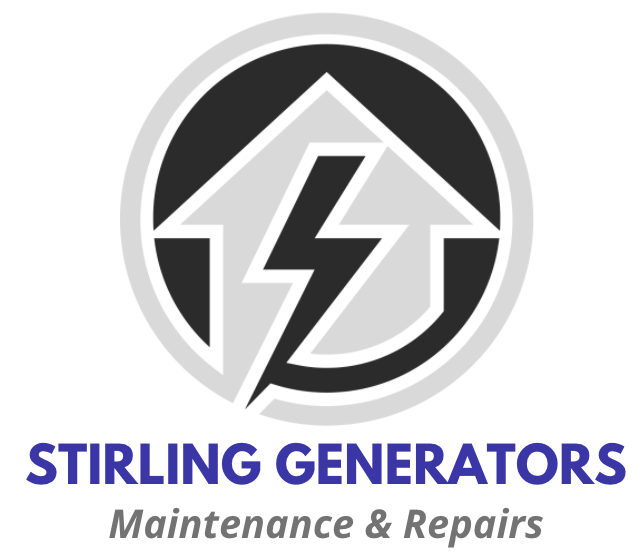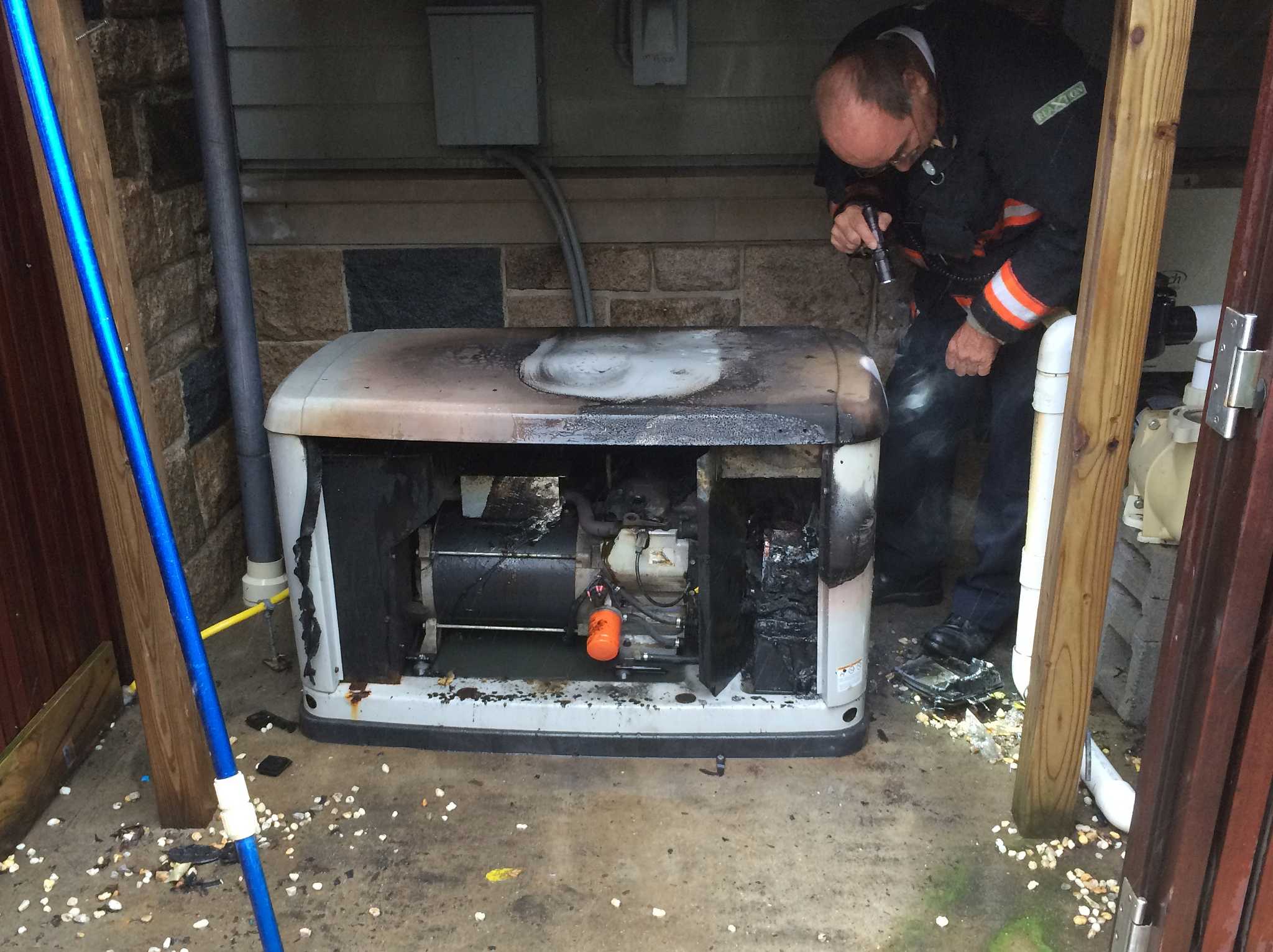Tips for keeping your home generator running smoothly begins with avoiding hazards that endanger your health. The primary hazards to avoid when using a generator are carbon monoxide (CO) poisoning from the toxic engine exhaust, electric shock, electrocution, or fire. Always follow the directions supplied with the generator.
Carbon Monoxide Poisoning
Never use a generator, grill, camp stove or other gasoline, propane, natural gas or charcoal-burning devices inside a home, garage, basement, crawlspace, or any partially enclosed area. Keep these devices outdoors, away from doors, windows and vents that could allow carbon monoxide to come indoors. Opening doors and windows or using fans will not prevent CO buildup in the home.
Although CO can’t be seen or smelled, it can rapidly lead to full incapacitation and death. Even if you cannot smell exhaust fumes, you may still be exposed to CO. If you start to feel sick, dizzy, or weak while using a generator, get to fresh air immediately. Call for help from the fresh air location and remain there until emergency personnel arrive to assist you.
Install CO alarms in central locations on every level of your home and outside sleeping areas to provide early warning of accumulating carbon monoxide. Test the batteries monthly and replace twice a year when the clocks spring forward and fall back. If the carbon monoxide alarm sounds, move quickly to a fresh air location outdoors or by an open window or door.
Toxic engine exhaust
Many known or suspected cancer-causing substances, such as benzene, arsenic, and formaldehyde are in toxic engine exhaust. Diesel emissions from domestic generators surpass those from workplaces, trucks, and buses. Additionally, they pose greater risks to human health and the environment due to proximity to homes and prolonged duration of use. Diesel exhaust contains more than 40 toxic air contaminants. It also contains other harmful environmental pollutants, including nitrogen oxide, currently the single most important ozone-depleting emission. Nitrogen oxide is unregulated by the Montreal Protocol.
Moreover, toxic engine emissions contribute up to 70% of cancer risk attributable to inhalation of toxic air pollutants in the United States arise from diesel exhaust. Exposure to diesel exhaust has been linked to lung cancer in occupational settings. Indirect evidence of the impact of diesel exhaust on lung cancer is indicated by its rising incidence among urban-based nonsmokers less than 60 years old. To avoid toxic engine exhaust from your generator, make sure it is placed in a well-ventilated area, away from bedrooms.
Electric shock
Do not touch the generator with wet hands. Plug appliances directly into the generator, or use a heavy duty, outdoor-rated extension cord that is rated (in watts or amps) at least equal to the sum of the connected appliance loads. Check that the entire cord is free of cuts or tears and that the plug has all three prongs, especially a grounding pin.
Electrocution
To avoid electrocution, keep the generator dry. Do not use in rain or wet conditions. Operate it on a dry surface under an open canopy-like structure, such as under a tarp held up on poles or a car port. Never operate in a closed garage or shed.
Never try to power the house wiring by plugging the generator into a wall outlet. Known as back feeding, this practice puts utility workers, your neighbors, and your household at risk of electrocution. Remember, even a properly connected portable generator can become overloaded, resulting in overheating or generator failure. If necessary, stagger the operating times for various equipment to prevent overloads. Be sure to read the instructions.
Fire
Be sure to turn the generator off and let it cool down for an hour before refueling. Gasoline spilled on hot engine parts could ignite.
Store the fuel outside of living areas in a locked shed or other protected area. To guard against accidental fire, do not store it near a fuel-burning appliance, such as a natural gas water heater in a garage. Store fuel for the generator in an approved red safety can that is clearly marked fuel for generator so that it is not confused with fuel for lawn mowers or snow blowers. Use the type of fuel recommended in the instructions or on the label on the generator. Local laws may restrict the amount of fuel you may store, or the storage location. Ask your local fire department.
Looking for an Experienced, Reputable Company for Generator Repairs in New Jersey Area?
The owner, Tommy Rozmerski, is a certified Generac mechanic with many years of professional experience doing maintenance and repair work with just about any generator model. Our expert service specialists at Stirling Generators, LLC have the skills and experience to assess your generator and fix it quickly. Ultimately, a Stirling Generators professional has comprehensive maintenance skills, extensive knowledge of warranty limits, and if needed, replacement installation.
Based out of Stirling, NJ, we are the leading NJ generator installation, maintenance and repair company. We service North and Central NJ including, but not limited to, Union, Somerset, Hunterdon, Middlesex, and Morris Counties. For more information, you can contact us at (908)334-3556 or check out our website https://stirlinggenerators.net/union-county-generator-repairs/ .

